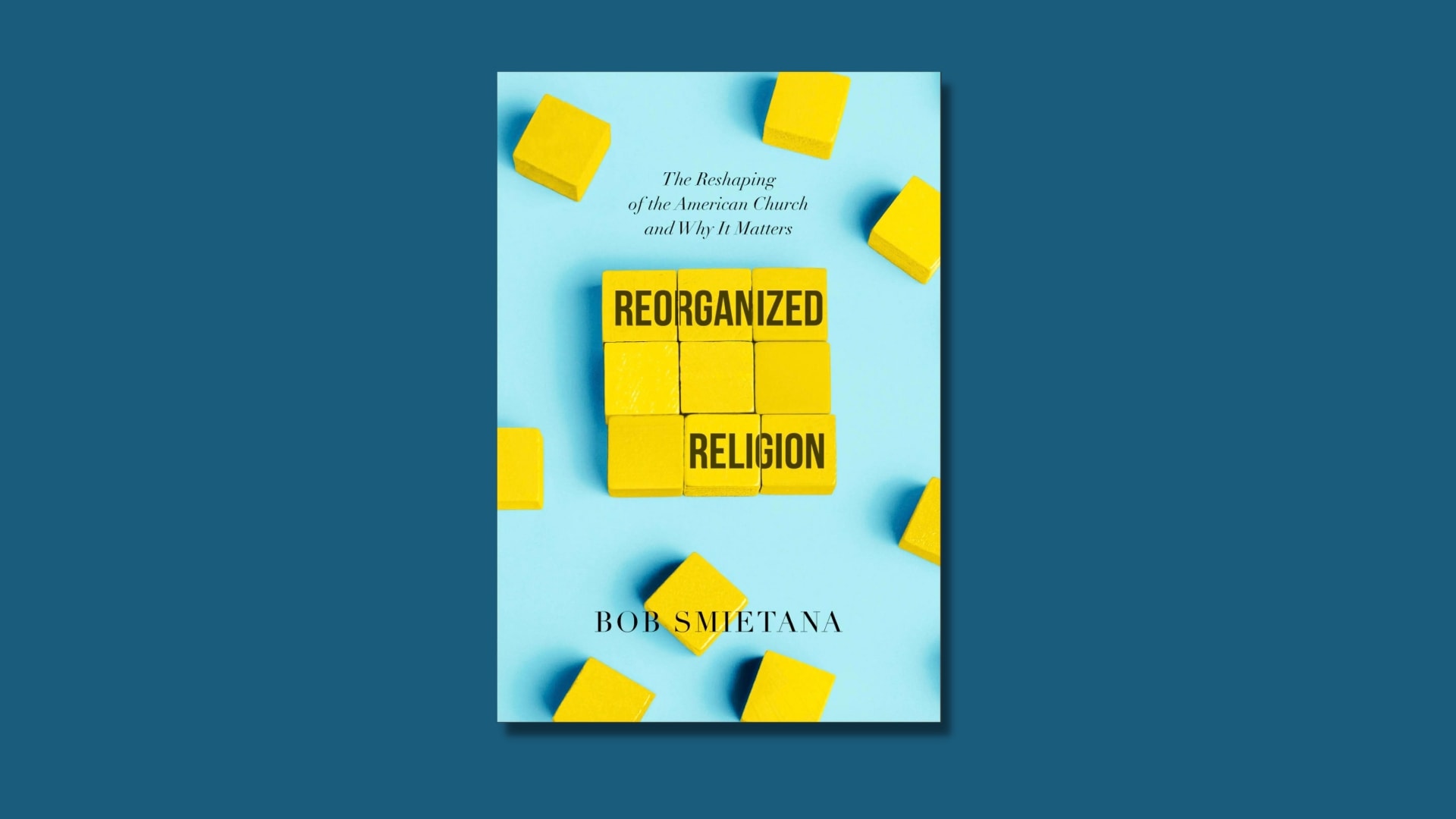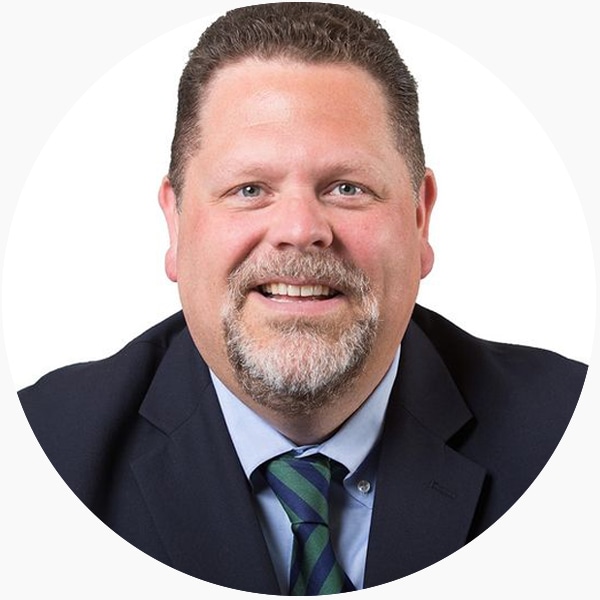Reorganized Religion: The Reshaping of the American Church and Why it Matters
Bob Smietana
Worthy Books, 256 pages
What is the state of the church in the US today? According to the Barna Group, as churches closed their buildings due to Covid-19, about half of practicing Christians dropped out of church. The Associated Press put it starkly in their 2021 headline: “Millions Skipped Church during the Pandemic. Will They Return?”
For almost one-third of American Christians, the answer is, “No.” Let that sink in. National church attendance is now about 70 percent of what it was in 2019. More than half of churches saw a significant decline in giving from 2019 to 2022. David Kinnaman of the Barna Group recently stated on NPR that one in five churches faces shutting down in the next eighteen months.
It is becoming clear that the Covid crunch was not just an episode in American religious life, but rather the presenting symptom of a church crisis that has been building for decades.
Reorganized Religion, by journalist and Covenanter Bob Smietana, contains the cry of a wounded lover deeply concerned over the present and future state of the American church. After interviewing dozens church leaders and laypeople, Smietana details the decline of the church: scandals that have brought down well-known evangelical leaders; deep divisions over race, gender, and sexuality; and the rise of “the Nones,” or those who maintain no formal religious affiliation. Most of that group are younger, and they make clear that they chose to leave the church because of how their parents’ generation prioritized party politics over service and Christian community.
At the end of the book, Smietana writes, “What will we do in this moment of American history? Will we choose hatred or healing? Will we circle the wagons or wall ourselves up in our communities and toss rocks at those outside the gates? Or will we drop everything and rush to the aid of our neighbors?”
Like Smietana, my heart is broken about the church in North America. When I began my seminary education in the early 1990s, I did so with the passionate hope of serving the world through preaching, writing, and Christian discipleship. When I began my doctoral studies in American religion a few years later, my goal was to understand evangelicalism and its contributions to American life so I could spend a career teaching college students of faith how to cultivate lives of prophetic witness. And when I began my teaching career at North Park University as a freshly minted PhD, I was passionate about doing the work of the church through education. I was convinced that faith could shape young minds to change the world by living out the gospel.
I am coming to grips with the fact that American evangelicals are as much a part of our culture’s problem as they are the solution—or more. Millions of us prioritize wealth and cultural influence, largely ignoring the poor and oppressed. Many get caught up in the politics of the border and forget that when it comes to immigrants and refugees, Scripture calls us to welcome the stranger. Racial divisions in our country are sometimes most evident in the church. At times I wonder when are we going to stand up and be the church?!
This is not to say that all evangelicals reflect the negative image portrayed in the media. But I wonder if we have the courage to take a long, hard look at our own practices to understand why so many are walking away? It is easy to respond with defensiveness. Responding with prophetic compassion and renewed vision is difficult—and exactly what we need.
Reorganized Religion invites us to discern together what it means to be the church in an era of cultural and theological division. These stories are hard to read. And they are essential for us to understand.
Smietana remarks that when the church does its work well, it makes the world “less awful.” But so much gets in the way. In one church, members went for one another’s throats after the 2016 election as conservatives squared off against more progressive congregants. We read stories of Christian women who named the sexual harassment they experienced from powerful leaders, only to have church authorities defend their abusers.
The Southern Baptist Convention is being investigated by the Department of Justice for hundreds of cases of sexual abuse. Our ecclesial highways and byways are littered with millions of souls who left organized religion, looking for meaning but convinced the church is not the place to find it.
In the final section, Smietana looks for signs of hope. He discusses the emergence of multiethnic churches committed to social justice. He found churches that welcome refugees and care for the poor, and evangelical communities that eschew the politicization of the church, seeking to serve a God who knows no political party. He finds hope in the trend toward more intimate Christian communities who gather for mutual support and service.
Smietana’s hope is real, but his reflections bittersweet. He shares vulnerably of the transformation he experienced at Grace Covenant Church in Chicago. As a somewhat disillusioned recent college graduate, he found a home at Grace where they took the biblical call to pursue justice seriously, loved him and his family fiercely, and restored his faith. He encourages other churches to consider Grace as a model of how to be the church in the world that desperately needs the love of God.
In the days following the book’s publication, Grace announced that its congregation had voted to close its doors after more than 125 years of ministry. My spirit sighed and wept when I heard this news. When I put this book down, I felt sadness mixed with hope for what might still be. The world is broken. People are suffering. The church appears to have lost its witness. I hope we can find it. The world needs us to find it.
Taking a prophetic tone near the end, Smietana invites us not to despair, but to see the church’s present moment as a chance to reorient ourselves to the gospel. We have a chance to change what people think when they hear the word “Christian.” Through courageous service and loving generosity, we can help the world know us as Christians not by who we voted for, which economic policies we support, or whose Supreme Court appointments we promote, but by our acts of service—by our love. They will know we are Christians by our love.














